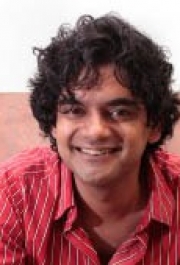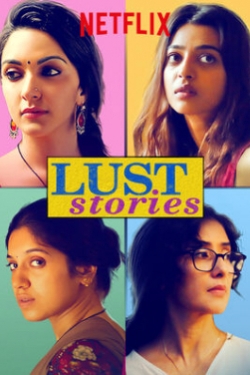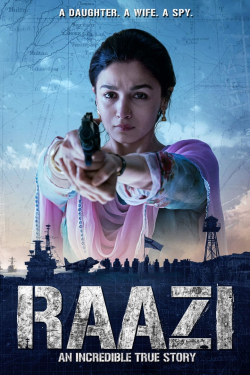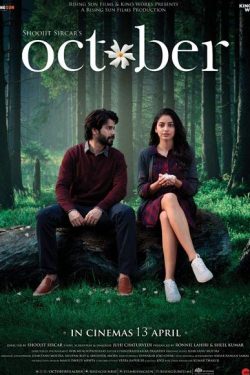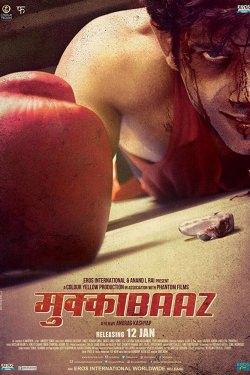Mayank Shekhar
Top Rated Films
Mayank Shekhar's Film Reviews
-
Noor’s life that way is meant to mirror the urbane, liberal, progressive, metropolitan upper middle-class. As for her work, as I said, there are several colleagues in my newsroom who have stories like hers, if not better, and might actually want to make this film. This sense of recognition can be rankling. Throughout, you can’t help but wonder how much better this movie could’ve been. But then, like journalism, this film should be seen for what it is. And hey it isn’t bad at all.
-
Srijit Mukherji’s Bangla period film ‘Rajkahini’ (2015), that this one is the exact replica of, was slightly refreshing, mainly because it was set during 1947 Partition, yes, but on the eastern front, where East Pakistan was being separated from West Bengal, Assam. Normally, Partition narratives get placed in the North, mainly Punjab. As is this adaptation, by the way. Except you don’t hear as much Punjabi here.
-
Bose made his directorial debut with a reasonably fine, ‘Everybody Says I’m Fine’ (2001), a seriously upper-class South Bombay English movie with a touch of magic realism. This one could have well been in Telugu. It may be diametrically opposite to his debut. But delivered with much subtly, empathy, and remarkable restraint. Or as they say, on the Internet, delivered #LikeABose!
-
That ‘Trapped’ manages to grippingly hold your attention with such an underwhelming setting is an achievement in itself. That it could invade your senses makes it worth every minute, without any break, in the theatre.
-
This thoroughly absorbing film delves deeper to give this child a story, a name, and a face. This India portion, at least in the version I watched, has been shot in Hindi. Which is a huge relief, if you were expecting basic modicum of respect for authenticity in a film based on a true-life account — Saroo Brierley’s non-fiction novel A Long Way Home — about a 5-year-old who accidentally gets separated from his mother, a quarry worker (Priyanka Bose; outstanding!), and his brother, to find himself eventually adopted by white parents in Australia.
-
So yeah, this is also very much a musical. As you can sense, too many things have been mixed into one film. But attempted with eye-popping chutzpah. Over years, it’s another matter if you’ve liked all his movies or not, what you have to credit Bhardwaj for is sheer audacity, and flight of imagination. He takes a chance. Even when granted full indulgence, he’s been respectful of the mainstream audience’s intelligence, if not always their time. ‘Rangoon’ is not an exception.
-
Yup, you don’t take your eyes off the screen. The production design appears exceptional, because it’s unexpected. We don’t make such movies in India, even while we’ve been watching such from the West since forever.
-
Akshay Kumar’s performance as Jolly can be termed his finest yet. This one captures UP in all its notorious glory, with goons, and guns and is far more of a court-room drama, packaged as social satire, with comedy that’s subtly situational, rather than classic LOL stand-up stuff
-
There is a lot of realism missing in what’s supposed to be a gritty thriller. Locations seem semi-fake. In portions, the film itself appears slightly cold, and thoda sa plastic.
But if you were to keep your eyes glued to the screen and follow the blind man’s graphite walking stick right down to the picture’s climax, I’m fairly certain you won’t be disappointed. Yeah, it is, for the most part, kaabil-e-tareef! -
This underworld drama is so over-packed with material that either 148 minutes of this film will seem too long to you, which it is; or in fact, far too short to patiently absorb the story of the rise and fall of an Ahmedabadi bootlegger don — without the audience feeling slightly hung-over by a breathless narrative-overload.

